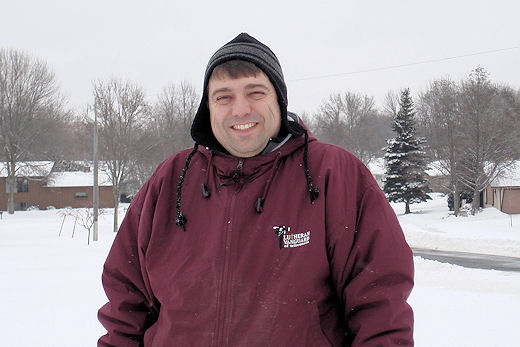Today guest author Jennalee has advice for families who are facing a move.
Relocating to a new home is difficult for parents, but it can turn out to be extremely disruptive for children. It may be easy to talk about the move to older kids, but young children are difficult to handle in such a situation, especially if they’re emotionally attached to their current location.
Here are some of the tips that will help you out in preparing kids for the relocation:
1. Inform them immediately
As soon as you decide or find out that you’re relocating to a new home, let your children know immediately. Tell them about the decision to move; odds are kids won’t be excited about a move, especially if it is a long distance one, so springing the news upon them is not a good idea. Kids will want time to “prep” themselves and their friends on their departure so last second news will only be more disruptive to them.
To keep their stress to a minimum, try not to change their routine until the move.
2. Tell them about the changes coming up
Inform your children about the expected changes that will result after the move. What’s the climate in your new location? Where is the school? Is there a certain culture you all should be aware of? Feel free to emphasize the good points, like warmer weather for kids to go swimming or play more sports. Maybe you are moving North so talk about snow, getting into sledding, skating, and skiing!
Doing so will help prepare your kids to their new lifestyle expected upon their arrival and maybe even have them excited for some new experiences.
3. Promise to move emotionally attached items
Your kids may be emotionally attached to toys, objects and even bedroom furniture. You can promise to move their belongings to the new house, which is likely to reduce the stress of the relocation because they’ll be able to keep things they love.
Small items will be easier to move compared to large items, but luckily you’ll have several options when planning to move large items. There are logistics and moving companies available that offer moving services that will lessen the workload for you and your children. These types of companies offer an extreme benefit when moving because they have the expertise needed when dealing with large or very heaving items. Don’t want to leave your family’s grand piano behind that you and your children learned on, no sweat because it’s coming too!
4. Take them to the new location
One of the most important things you can do when preparing children for relocation is to take them to the new location in advance. Informing them about the changes coming up will prepare them mentally. Taking them to the location itself will prepare them physically as well.
Try to stay there for a couple of days and allow your kids to explore the neighborhood. This tip will eliminate worries of your children when the move is finally over because after all familiarity for a child can go a long way.
5. Take a day out for fun
Plan a day when you can take your kids to their favorite places near the current residence. Perhaps you can take them to their favorite park or restaurant. If your kids are attached to the neighbors, plan a weekend to invite the neighbors over so your kids can enjoy some quality time with them and say goodbye.
6. Allow children to plan
The new relocation may mean a new room for your kids. If this is the case, let your kids take the lead when it comes to choosing the theme of the new room and how the furniture is to be arranged.
When your kids are able to make decisions in the move, they’ll be much more excited about the relocation and this can even eliminate their stress completely. Try to make it as fun as possible, after all when we were younger the chance to design our own room would have been awesome!
Regardless of your moving plans, uprooting your family for a variety of reasons will often prove to be challenging, especially on the little ones. However, not keeping your kids in the dark about your move, helping them become desicion makers, and expalining to them the reasons of the move will only help. The most important thing at the end of each day is that the family is together, regarldless of city, state, or country.
Thanks for the tips, Jenna. Teacher and I moved our family ten times in the first eleven years of our marriage – I wish I’d known some of these ideas then!







